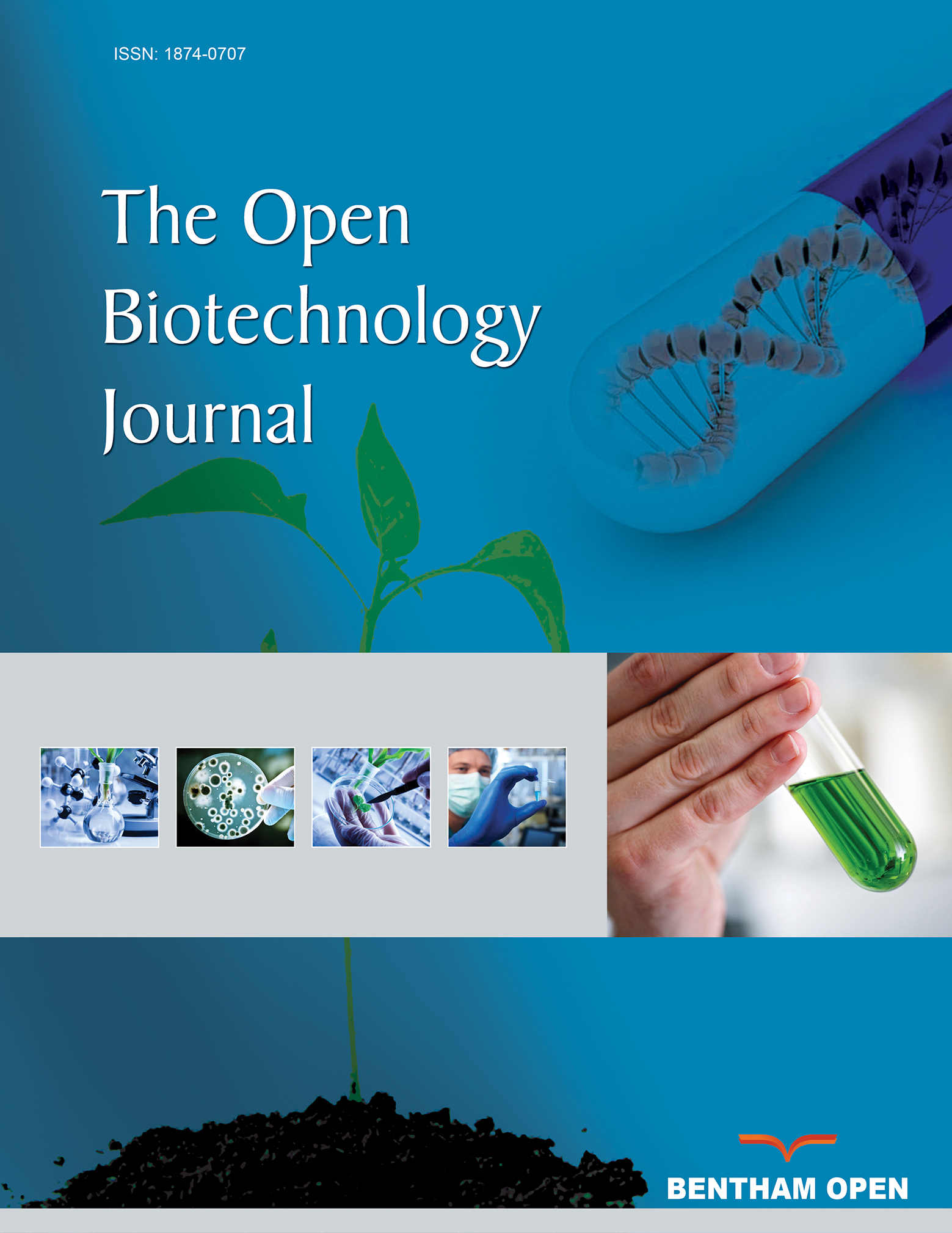All published articles of this journal are available on ScienceDirect.
An Arabidopsis Maternal Effect Embryo Arrest Protein is an Adenylyl Cyclase with Predicted Roles in Embryo Development and Response to Abiotic Stress
Abstract
Background:
Second messengers play a key role in linking environmental stimuli to cellular responses. One such messenger, 3′,5′-cyclic adenosine monophosphate (cAMP) generated by adenylyl cyclase (AC), has long been established as an essential signaling molecule in many physiological processes of higher plants, including growth, development, and stress response. Very few ACs have been identified in plants so far, so more must be sought.
Objective:
To test the probable AC activity of an Arabidopsis MEE (AtMEE) protein and infer its function bioinformatically.
Methods:
A truncated version of the AtMEE protein (encoded by At2g34780 gene) harboring the annotated AC catalytic center (AtMEE-AC) was cloned and expressed in BL21 Star pLysS Escherichia coli cells followed by its purification using the nickel-nitriloacetic acid (Ni-NTA) affinity system. The purified protein was tested for its probable in vitro AC activity by enzyme immunoassay. The AtMEE-AC protein was also expressed in the SP850 mutant E. coli strain, followed by an assessment (visually) of its ability to complement the AC-deficiency (cyaA mutation) in this mutant. Finally, the AtMEE protein was analyzed bioinformatically to infer its probable biological function(s).
Results:
AtMEE is an AC molecule whose in vitro activity is Mn2+-dependent and positively modulated by NaF. Moreover, AtMEE is capable of complementing the AC-deficiency (cyaA) mutation in the SP850 mutant strain. AtMEE is primarily involved in embryo development and also specifically expressed in response to abiotic stress via the MYB expression core motif signaled by cAMP.
Conclusion:
AtMEE is an AC protein whose functions are associated with embryo development and response to abiotic stress.


